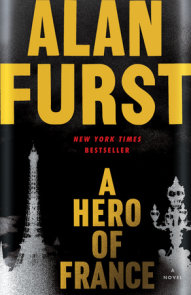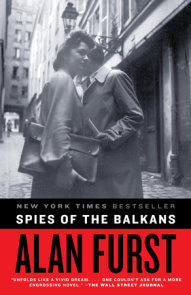

The Polish Officer
By Alan Furst
By Alan Furst
By Alan Furst
By Alan Furst
Category: Spy Novels | Historical Fiction | Suspense & Thriller
Category: Spy Novels | Historical Fiction | Suspense & Thriller

-
$17.00
Oct 09, 2001 | ISBN 9780375758270
-
Nov 06, 2001 | ISBN 9781588361004
YOU MAY ALSO LIKE
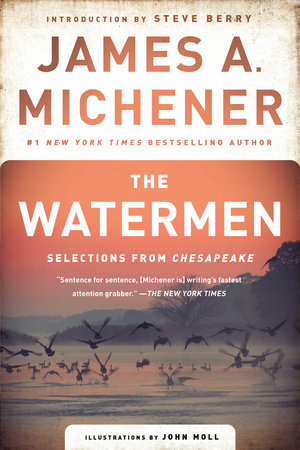
The Watermen
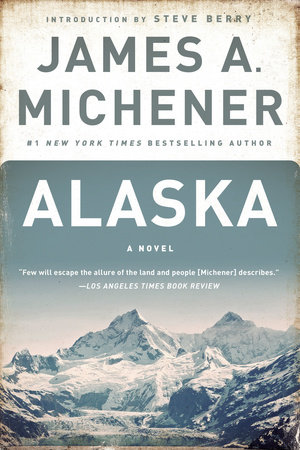
Alaska
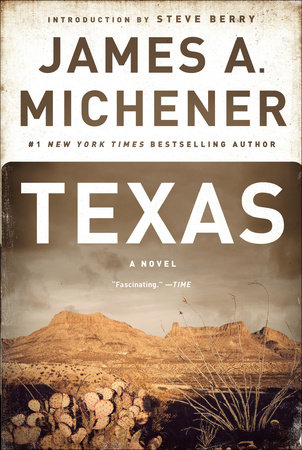
Texas
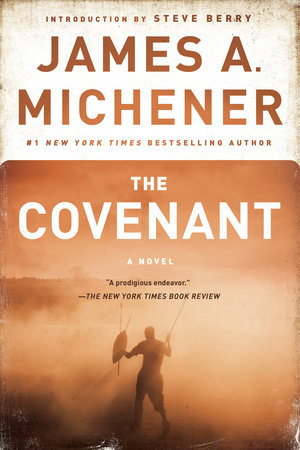
The Covenant
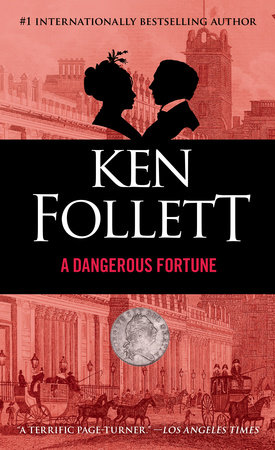
A Dangerous Fortune
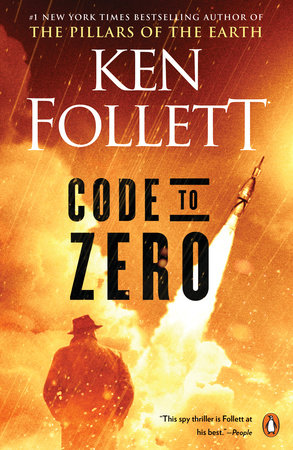
Code to Zero
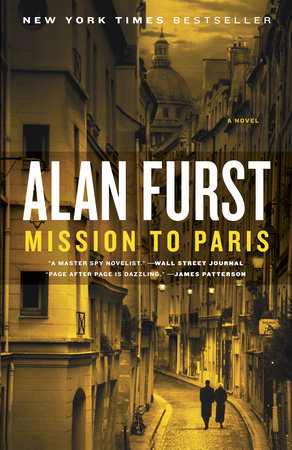
Mission to Paris
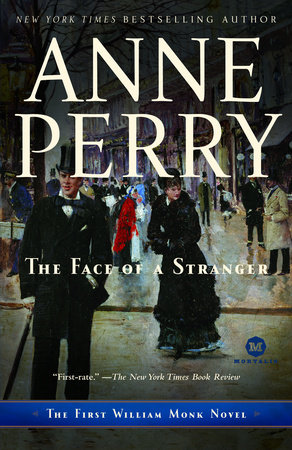
The Face of a Stranger
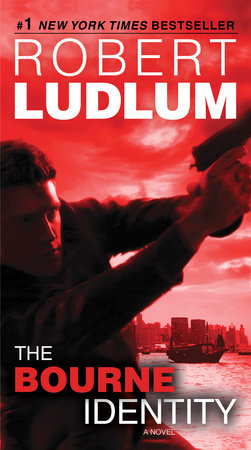
The Bourne Identity
Praise
"Beautifully written, powerfully imagined, and riveting as pure story….The book is a triumph."
–Charles McCarry
"Brilliantly imagined, vividly drawn, rich with incident and detail….The Polish Officer portrays ordinary men and women caught out on the sharp edge of military intelligence operations in wartime: the partisans, saboteurs, resistance fighters and idealistic volunteers risking their lives in causes that seem lost."
–Robert Chatain, Chicago Tribune
"[A] riveting ‘pure’ story…wonderfully exact…transcends the spy novel while delivering everything any fan of le Carré could ask for."
–Robin Winks, The Boston Globe
21 Books You’ve Been Meaning to Read
Just for joining you’ll get personalized recommendations on your dashboard daily and features only for members.
Find Out More Join Now Sign In








